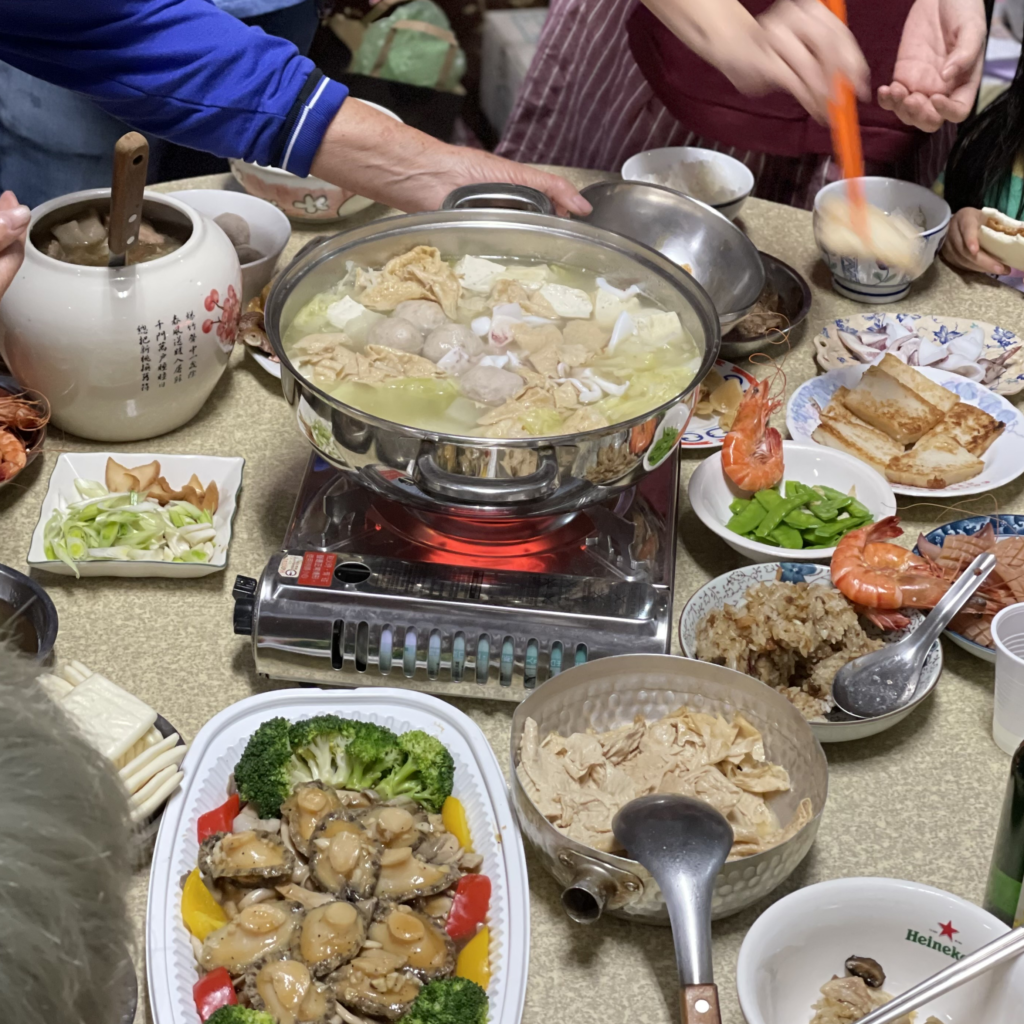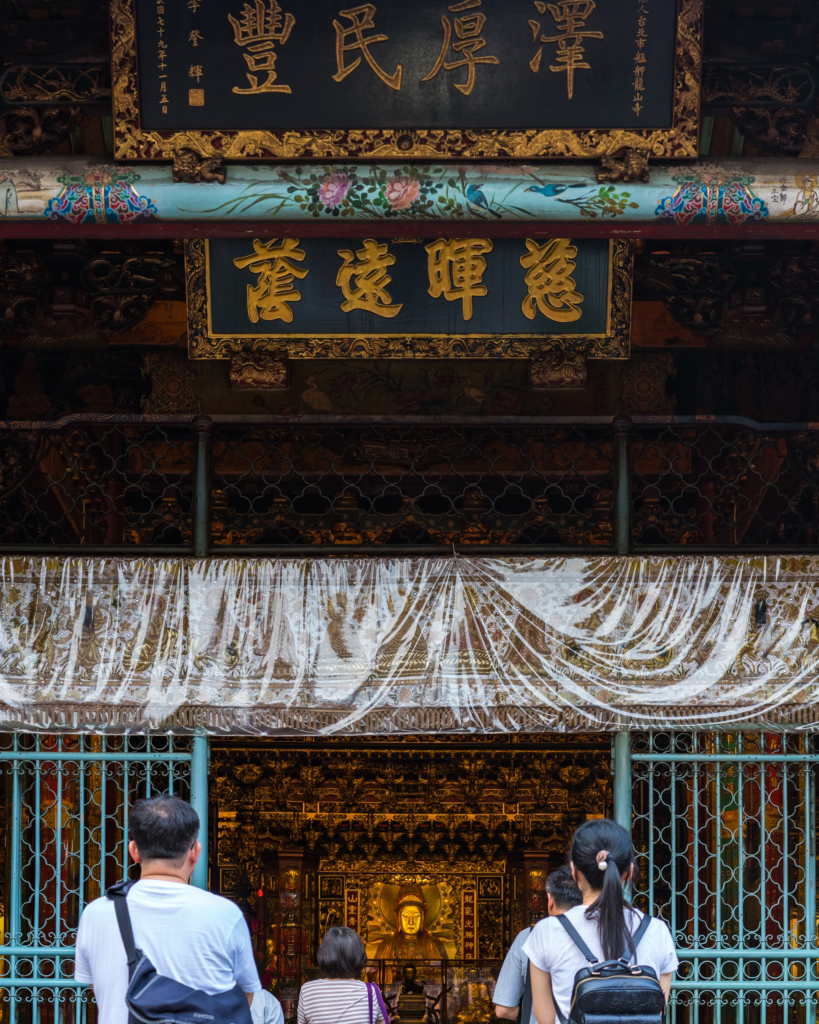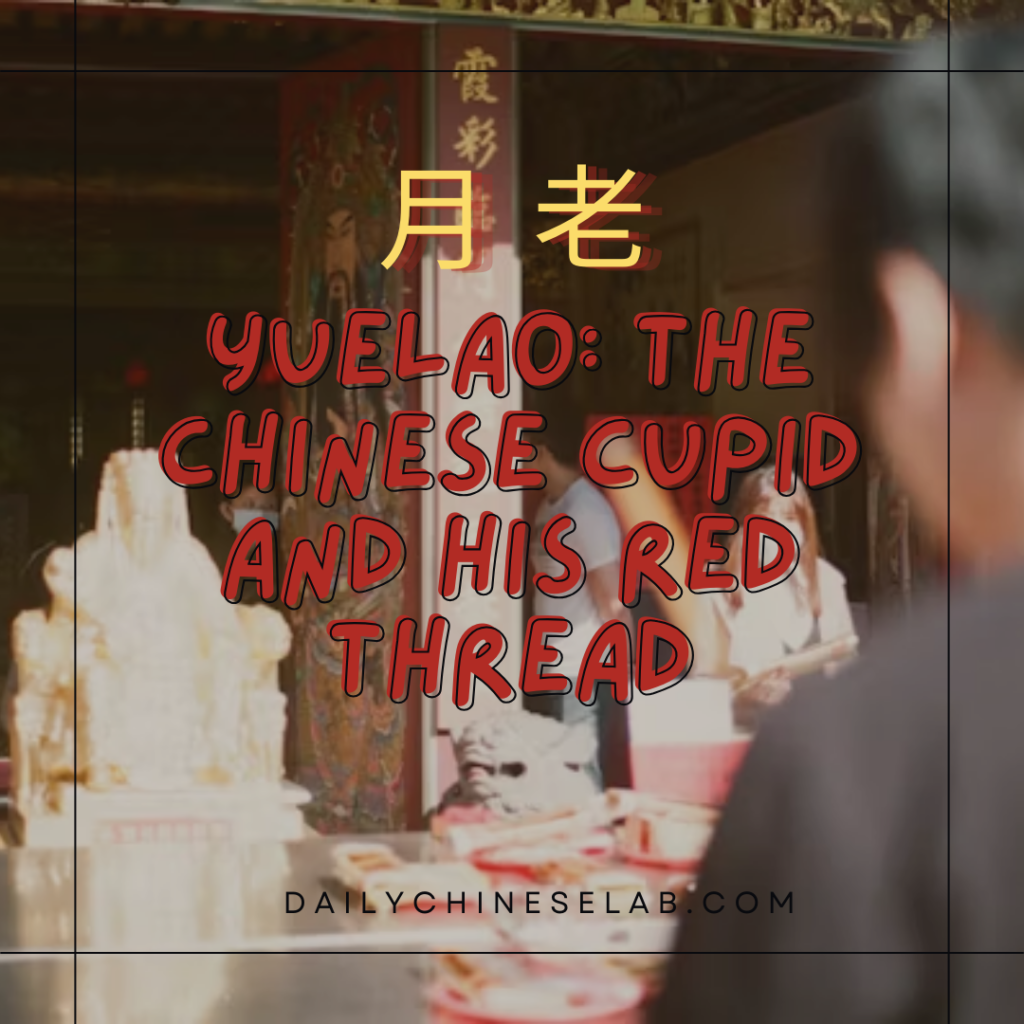Taiwan, a vibrant island nation, boasts a rich cultural tapestry shaped by indigenous traditions, Chinese heritage, and modern global influences. The island is known for its unique festivals, customs, and traditions, blending the old and new. Below are five distinct aspects of Taiwan’s cultural identity.
1. Night Markets: A Culinary and Social Hub
Night markets are an integral part of Taiwanese life, offering a mix of street food, shopping, and entertainment. Stalls selling delicacies like stinky tofu, oyster omelets, and bubble tea draw locals and tourists alike. These bustling markets, such as Shilin Night Market in Taipei and Liuhe Night Market in Kaohsiung, are more than places to eat; they are community spaces where people gather to socialize and enjoy affordable indulgences.

2. Lunar New Year Festivities
Lunar New Year is Taiwan’s most significant traditional celebration, marked by family reunions, red envelopes (hongbao), and elaborate meals. The streets come alive with lion dances, firecrackers, and temple visits to pray for prosperity. Unique to Taiwan are the Pingxi Sky Lantern Festival, where glowing lanterns float into the sky, and the Yanshui Fireworks Festival, a thrilling display of pyrotechnics.
I love Chinese New Year! I enjoy the festive atmosphere, bustling streets, and happy people. Spending time with my family is especially heartwarming. And of course, I love getting red envelopes!

This picture was taken during our family reunion dinner on Chinese New Year’s Eve in 2023. Every year, we gather around a round table for a big feast to celebrate the Lunar New Year.
We enjoyed a delicious spread of traditional Chinese dishes! Every year, our family gathers around the hot pot. We love throwing all sorts of delicious ingredients into the pot and sharing them with each other. Besides hot pot, we also have a feast of pre-cooked New Year dishes.

In my family, after our New Year’s Eve dinner, the elders would start handing out red envelopes. That’s my favorite part! Since 2023 was the Year of the Rabbit, the red envelopes that year had cute rabbit designs.

After getting our red envelopes, we would usually start playing cards. There’s a saying: “小賭怡情” (A little gambling is fun), so many families play cards or mahjong during Chinese New Year, often with small bets.

Besides that, we also put up spring couplets. I pasted these cute couplets outside my rented apartment. The words on them are related to the Year of the Rabbit, wishing for good fortune in money and career.
3. Temples and Religious Festivals
Taiwan’s religious diversity is evident in its Taoist, Buddhist, and indigenous practices. Elaborately decorated temples, such as Taipei’s Longshan Temple and Tainan’s Confucius Temple, serve as spiritual centers. Matsu Pilgrimage, one of the world’s largest religious events, sees devotees trekking across the island to honor the sea goddess. These festivals blend solemn rituals with lively performances, symbolizing Taiwan’s deep-rooted spirituality.


4. Aboriginal Heritage and Traditions
Taiwan’s indigenous peoples, such as the Amis, Atayal, and Paiwan tribes, preserve their distinct languages, crafts, and ceremonies. Harvest festivals, like the Amis Ilisin, feature traditional songs and dances celebrating community and nature. These cultural expressions, though endangered by modern influences, remain a vital part of Taiwan’s identity.
If you’re curious to learn more about Taiwan’s indigenous peoples beyond the inspiring story told in the film “賽德克巴萊 (Seediq Bale),” I highly recommend exploring this website.
It offers a comprehensive overview of the 16 officially recognized indigenous groups in Taiwan, providing detailed information on their languages, traditions, and history. With interactive maps, historical documents, and personal stories, this website is a valuable resource for anyone seeking a deeper understanding of Taiwan’s indigenous cultures.
5. Ghost Month: Respect for the Spirits
Ghost Month, observed in the seventh lunar month, reflects Taiwan’s unique take on ancestral veneration. During this time, people make offerings of food, burn incense, and perform rituals to appease wandering spirits. Events like the Keelung Ghost Festival feature parades and lantern-floating ceremonies, showcasing a mix of reverence and theatricality.
Follow us on Facebook!
Receive exclusive news and deals on Daily Chinese Lab’s Facebook.








